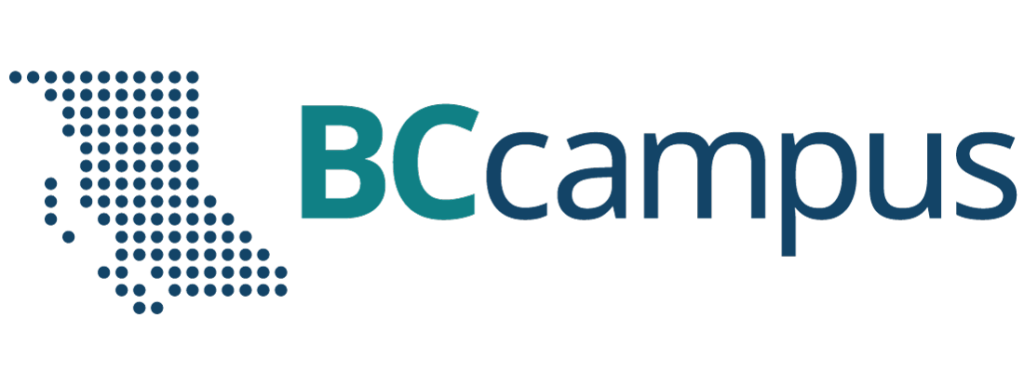With us now into a new year we thought it would be a good time to provide an update on the project. 2025 was a busy and productive year for the first year of the project. After several presentations and working with University of British Columbia’s Cloud Innovation Centre (UBC CIC) on the development of the AI study companion, we call Opterna.
In late December we wrapped up our work with the UBC CIC. The openly licenced AI Study Companion can be found on the UBC CIC project page. As I reflect on our time working with UBC CIC on this development, I am so grateful for so many things. From getting to work with students, to sheer speed in which this all happened, and I appreciated the collaboration and consultation in the beginning of the project to really scope out what we were looking for as well as during the development process. It is very clear that UBC CIC has the expertise and knows what is necessary to complete a successful project in such a short turn around. As we were creating our wish list of features for the AI study companion, I really appreciated the conversations and decision-making process of what was realistic given where the technology is for developing with AI but stretching goals where we could to try and challenge the students to develop something new.
BCcampus has worked with UBC CIC to deploy Opterna but we are not ready to start the testing. BCcampus DevOps folks are currently working on some other projects so for now we have Opterna in our AWS environment but in early spring once DevOps have more capacity we will do some initial functional testing of the prototype, re-add all the open textbooks, and plan out our user experience testing. User experience testing will be small groups of instructors at first, then we may branch out to students and larger groups once we have a better idea of what issues are coming up in testing and costs based on the smaller group testing.
In the meantime, if your institution is considering adopting the AI Study Companion from UBC CIC, we would love to hear from you. It would be helpful for us to hear how the adoption goes, lessons learned, challenges, and opportunities from using the AI Study Companion. Please reach out to Robynne Devine at rdevine@bccampus.ca so we can set up a meeting to learn more about your project.
Next up for the project is focusing on building capacity, skills, and knowledge of working with GenAI both in open education and teaching and learning. We are going to offer small grants for folks who want to explore GenAI and offering webinars or EdTech Sandbox’s on a variety of topics over the next year. Harper and Elizabeth are working the development of a workshop that focuses on working with GenAI offline. We will be offering the workshop online but if you are interested in the workshop for your post-secondary community, please reach out to us at projects@bccampus.ca and make sure you are following the BCcampus newsletter for opportunities and offerings over the next several months.

